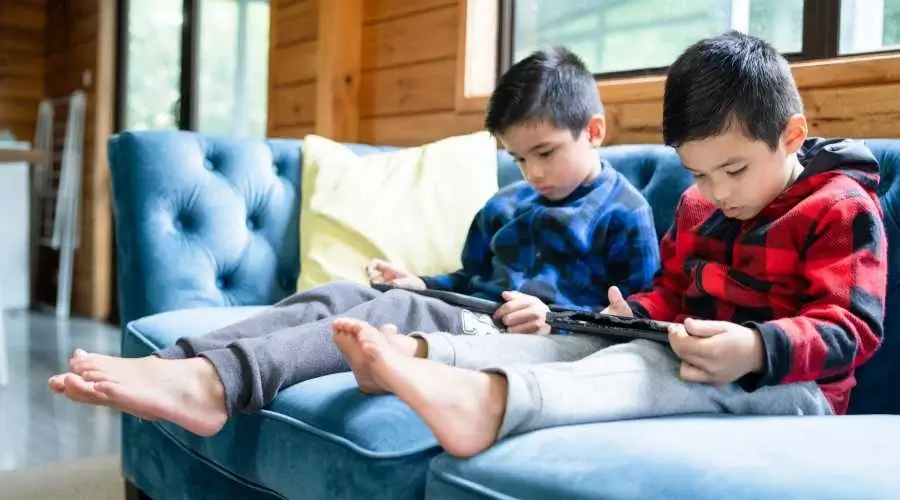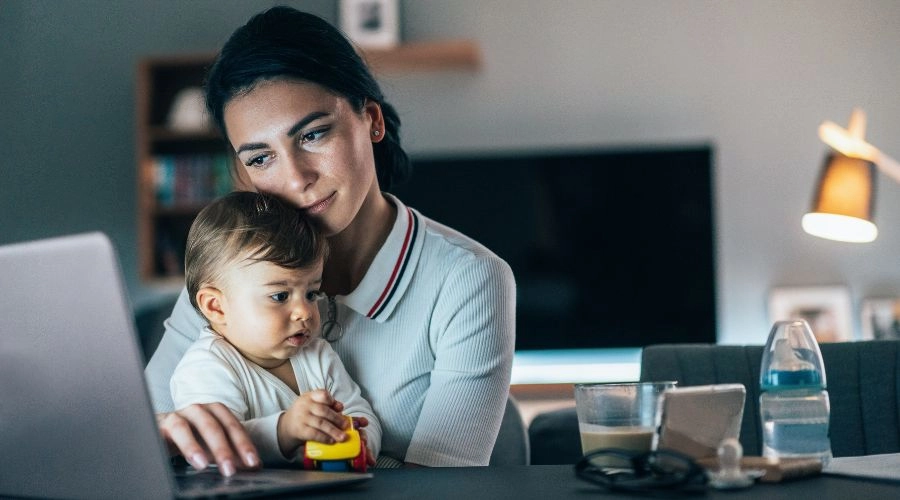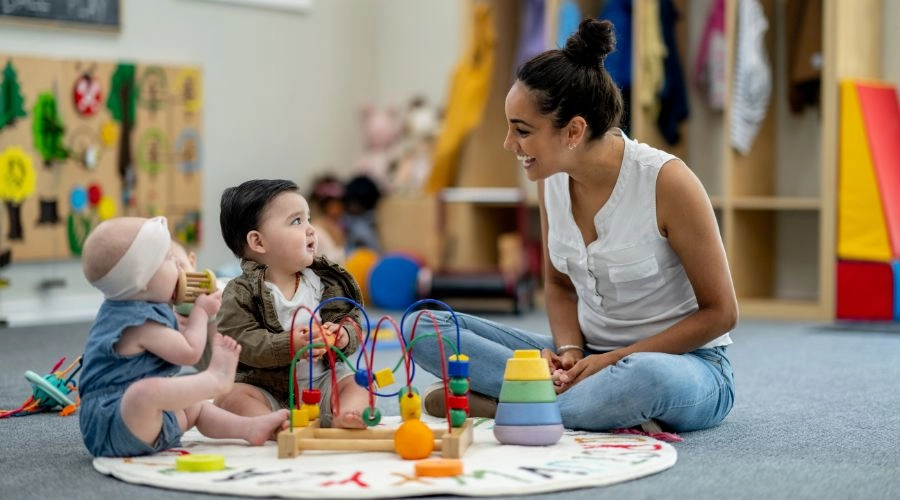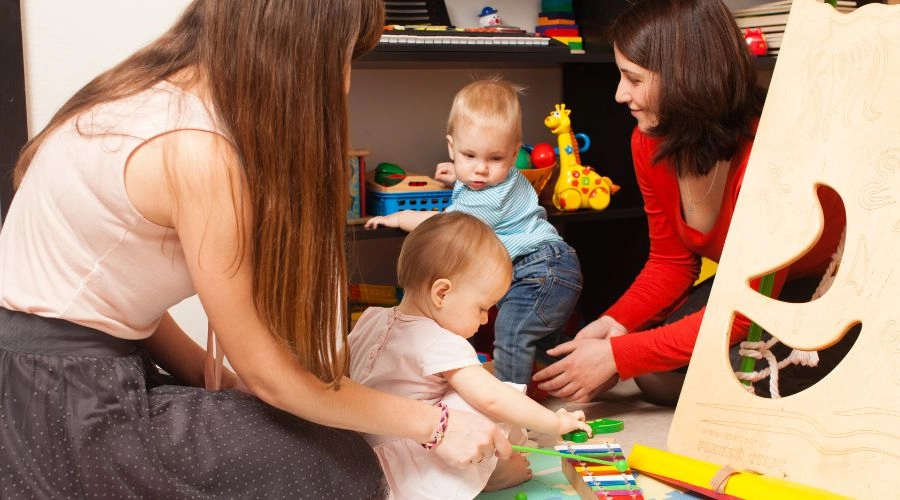As screen time for children becomes a major topic in our society today, the term “screen time” is heard in educators’ classrooms and doctors’ waiting rooms across the nation. What are the facts, though, and how can we establish a positive rapport with our screens?
Children and Screen Time
Children under the age of 18 months are advised to spend no time (zero minutes) on screens, according to the American Academy of Pediatrics (AAP). Preschool-aged children should only use screens when doing so furthers a purpose, achieves a goal, or forms part of an interaction or experience. Total daily screen usage should be limited to between 0 and 2 hours. After that, it’s generally recommended that kids of all ages, even teenagers, limit their screen usage to no more than 1-2 hours per day, if at all feasible.
Kids should thoroughly immerse themselves in their experiences since that’s how they learn. A youngster watches, listens, touches, and is fully immersed in all aspects of the experience—both big and small—because experiences are multidimensional and involve all the senses.
Research on early childhood development has continued to support Dr. Montessori’s views, showing that at this crucial time, experiences build the groundwork for an explosion of neuronal networking in children’s developing brains. For these neuronal networks to develop, external inputs are necessary. Screens only provide a portion of the experience.
When was the last time you touched a screen? You could see it and hear it, sure, but could you actually touch it (and I don’t just mean the screen)? A child’s entire future is shaped by the experiences they have throughout the crucial time, which is the preschool years. What part do screens play in a child’s development?
Points to Improve
Up to 5-7 hours a day are spent in front of a screen by American children! What effect does this have on children’s literacy, imagination, and creativity—the three things that form the basis of child development? In today’s hectic and fast-paced world, it can be simple, practical, and successful to relax and quiet a youngster utilizing a screen.
However, studies have shown that excessive screen usage might impair your child’s growth and learning potential. When assessing for achievement of developmental milestones between the ages of 3-5 years old, children 2-3 years old who had increased their screen use beyond the suggested recommendations performed worse. Children who reported spending more than 7 hours a day in front of a screen had their brain architecture significantly altered, according to MRI findings. Additionally, children who spent more than two hours per day watching screens performed worse on tests of thinking and language.
We do know that increasing screen time raises the rates of obesity, disturbs children’s and adults’ sleep patterns, and is linked to an increase in depressive symptoms in teenagers and college students, even if many of these findings are still under investigation. One study found that participants felt less lonely and unhappy if college students kept their daily screen time to under 30 minutes.
Here are some recommendations for reducing screen use at home:
- The bedroom has no TVs or computers.
- Don’t watch TV during the day.
- Family meals should be without any screens, including phones.
- Avoid eating in front of the television.
- Eliminate screens from the night routine and turn off screens an hour before bed.
- Make screen time (and its absence) a part of your daily routine, just like most other things.
Experts concur! Sleep specialists recognize that we live in a technology age and that screens can be useful at times, but they also adhere to similar restrictions at home, such as limiting television viewing on weekdays and forbidding screen use after supper and right before bed. When people do watch television, experts recommend incorporating it into family time and watching together to produce more memorable moments.
The Benefits of Screens
The usage of screens can strengthen your relationship with your child and isn’t always bad. If you do allow your preschooler to use screens, make sure the content is engaging and utilizes as many senses as possible. Playing the game or using the screen with your kid is one approach to do this. In this manner, you can interact with the material and take part in the game to support linguistic and social development.
Final Thoughts
When utilized sparingly, screens, like most things, can be useful. You can multitask more effectively if you use screens for brief periods of time, such as when you’re taking a shower, putting a baby to bed, making dinner, or doing a load of laundry. Screen time may also be a part of your family activities and encourage interaction and bonding within your family. Use the AAP recommendations to help you create your daily schedule and consider the big picture when thinking about screens. You can successfully integrate TVs, laptops, and smartphones into your household in a way that benefits everyone.






